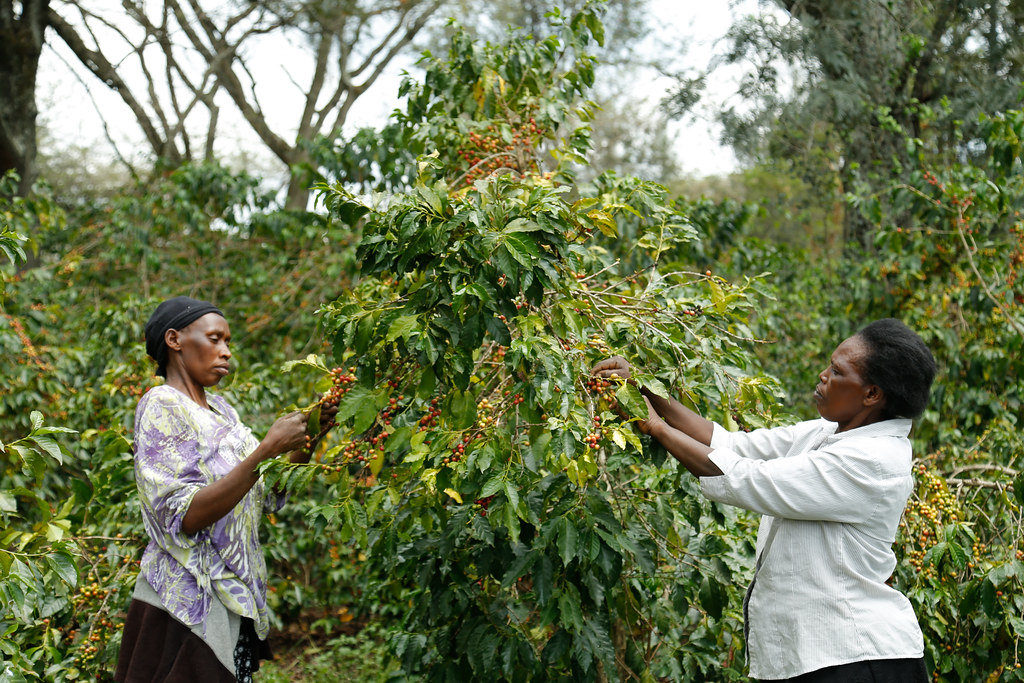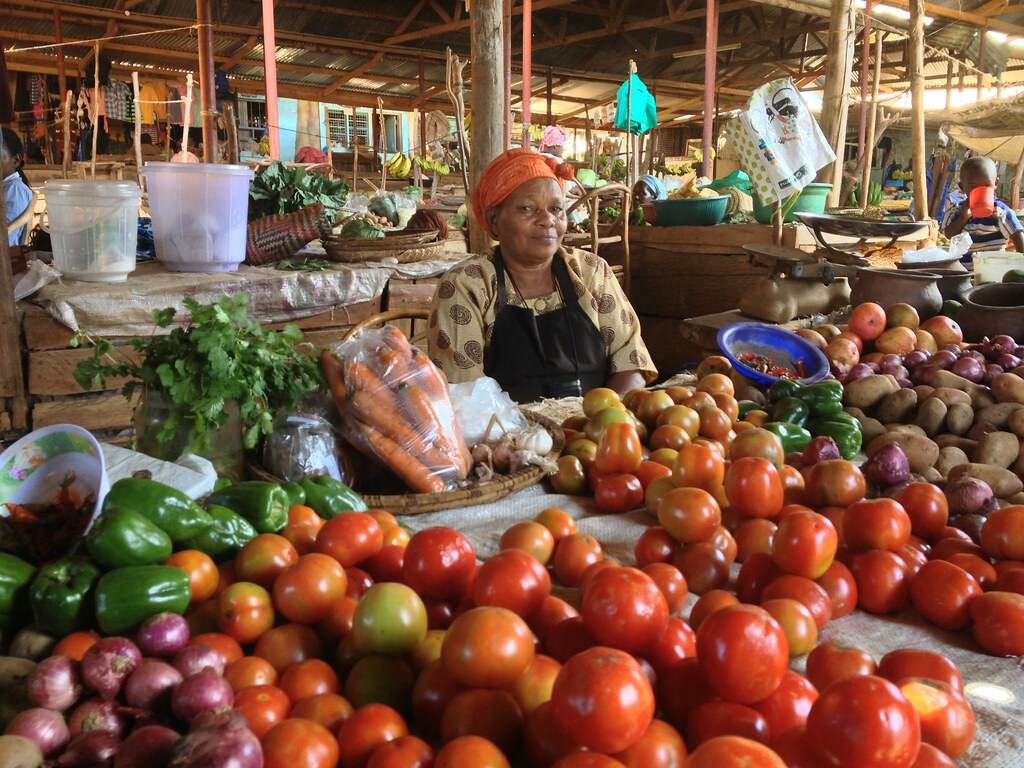
By George Munene
“Brokers tampering with weighing scales has always been an unfortunate part of the farming game in Kenya, however, as the cost of living has risen the degree to which this vice has proliferated in recent years is disconcerting; nowadays you will be hard-pressed to find an honest broker,” begins my conversation with an onion middleman in one of Nairobi's major markets.
This greed bug has now been transmitted to large agricultural food suppliers, exporters, hawkers, and even farmers themselves, who are all involved in a deathly dance on the graves of countless farming dreams.
“If I'm buying onions at the farmgate for Sh40 a kilo I’ll be selling them at a wholesale price of Sh60/55. Ideally, Sh5 covers transport costs, and another five shillings go into paying taxes and other incidental costs. Depending on supply chain management I'll pocket ten to five shillings for every kilogram of onions that is successfully delivered to market,” he explains.
Right now though, many brokers will buy an agricultural good at Sh85 and sell it for Sh75. Logically, this means they are either dumbfoundingly efficient or are working for the farmer; incurring all the costs and risks in ferrying crops to markets without any pay.
However, if you have had occasion to interact with any Kenyan broker your pockets will have left with the distinct impression that altruism is not their thing.
Related News: Former pilot helps farmers raise profits with drone aided agriculture
Related News: Meru potato farmers increase yields fourfold through conservation agriculture
“I have been a middleman for agricultural commodities for over a decade and can authoritatively tell you it is unsustainable to operate under such tight margins; ten shillings cannot cover all your expenses and get you paid.”
So how do you make more money than you ought to while making no money at all?
By tampering with weighing scales, brokers make one tonne of tomatoes bought at the farmgate become 900kg. In markets, 45kgs bought by a mama mboga later becomes 40kg -- ”it has become a business operated on theft”.
By buying and selling agricommodities at artificial below market prices these unscrupulous middlemen are pushing out genuine brokers and distorting markets, making prices impossible to decipher. As one trader put it, “Truthfully, no one is sure of the exact value of most of our food at any one time.”
Farmers are making losses they cannot account for leading to many becoming disenchanted with and abandoning agriculture, a situation that could have disastrous consequences for Kenyan agriculture.
With the sector employing 70 per cent of Kenya's rural population and 53 per cent of the country’s Gross Domestic Product (GDP) directly or indirectly linked to the sector, it would not be hyperbolic to say that the country’s economy runs on the backs of farmers.
“Most brokers insist on using their own weighing scales, and many farmers have caught on to the fact that these scales give false readings as well as other sly tricks that lower the actual weights.
However, if you insist on weighing your tomatoes with your own weighing scale they will argue that they too cannot trust you. Some go as far as insisting you show them a certificate of approval of weighing and measuring from the Department of Weights & Measures, which most farmers don't even know exists. This leaves farmers with limited alternatives,” explained Paul, a tomato farmer in Giaki, Meru County.
He tells of having seen farmer friends have bumper harvests, sell their crops at what they thought were fair prices, and still fail to break even.
Farmers able to overcome the barriers of entry and sell directly to consumers enter a warped market that is foggy to navigate unless they too are willing to play the game of tilted scales.
Unfortunately, not all farmers are innocent victims as some have resorted to similarly corrupt underhand tactics that are killing the very industry that feeds them.
“I have bought onions from farmers I thought I had an amicable working relationship with only to find bulbs that were to have been dried for two weeks had actually been harvested four days prior. This meant incurring losses as over 15 per cent of the initial weight is lost in evaporated water during curing and some onions rotted away,” recounts an agri broker.
Related News: Conservation agriculture halves ploughing costs while preserving soils
Related News: “The coffee boom is back”-- Agriculture CS
This is a reason proffered by Kenyan traders for sourcing Tanzanian onions; “No one’s saying farmers in neighboring countries are free of corruption…let's just say, it is not as prevalent.”
This highlights the moral morass present in other economic sectors of the country and will take more than just properly calibrated weights or properly dried onions to cure.
Agricultural corruption extends to large-scale food suppliers and exporters.
Farmers will have half of their a shipping container woth of avocadoes meant for export rejected for not meeting the required phytosanitary standards, only when they are returned to them they will look nothing like theirs. According to exporting farmers on the Markiti Price Watch KE Facebook page, unless you have an inside man it is near impossible to realise the full value of your produce.
Write comment (0 Comments)
















